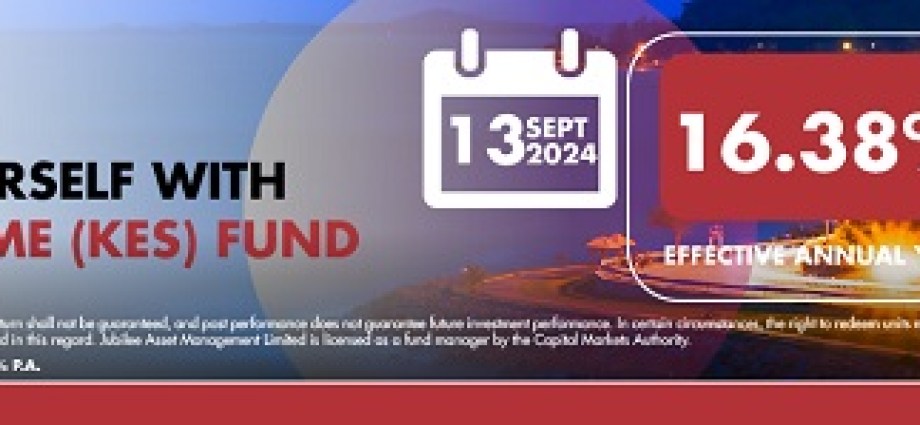Africa’s Leadership Crisis: How Corruption and Greed Are Holding the Continent Hostage
The Tragic Cycle of Power and Plunder
Across Africa, a disturbing pattern of leadership has emerged—one where power serves as a vehicle for personal enrichment rather than public service. Less than 5,000 individuals—presidents, ministers, and their inner circles—have perfected the art of state capture, transforming national wealth into personal fortunes while millions languish in poverty.
Case Studies in Failed Leadership
Democratic Republic of Congo: Despite possessing some of the world’s richest mineral deposits, the DRC remains one of the poorest nations. Successive leaders have treated the country’s resources as personal assets, with mining profits funding lavish lifestyles rather than development.
South Sudan: The world’s youngest nation has been trapped in endless conflict as leaders prioritize control of oil fields over peace. What began as a hopeful independence movement has degenerated into a competition for resource control among political elites.
Uganda: President Museveni’s four-decade rule has created a family-run state where public institutions serve private interests. Meanwhile, essential workers like doctors and teachers struggle with inadequate compensation and working conditions.
The Continental Pattern
From Nigeria’s disappearing oil revenues to Zimbabwe’s economic collapse, the story repeats across borders:
- Cameroon’s absentee leadership under Paul Biya
- Equatorial Guinea’s transformation into a family business
- Kenya’s corruption-industrial complex
The Human Cost of Corruption
The consequences of this systemic plunder are devastating:
- Collapsing healthcare systems
- Failing education infrastructure
- Youth unemployment crises
- Chronic food insecurity
Glimmers of Hope
Some nations demonstrate alternative possibilities:
Burkina Faso: Under Captain Ibrahim Traoré, the country has taken bold steps toward sovereignty and self-determination.
Namibia: Peaceful transitions of power and investment in public goods show leadership can serve the people.
The Path Forward
Breaking this cycle requires:
- Citizen accountability and engagement
- Strong institutions over strongmen
- Transparent governance systems
- Rejection of tribal politics
- Youth participation in leadership
Related Reading
- Kenya’s Descent: How Ruto’s Administration Fuels Crime, Corruption and Chaos
- Kenya’s Bleeding Economy: How Financial Corruption Threatens Stability
This article summarizes an original report. Full credit to the source.


